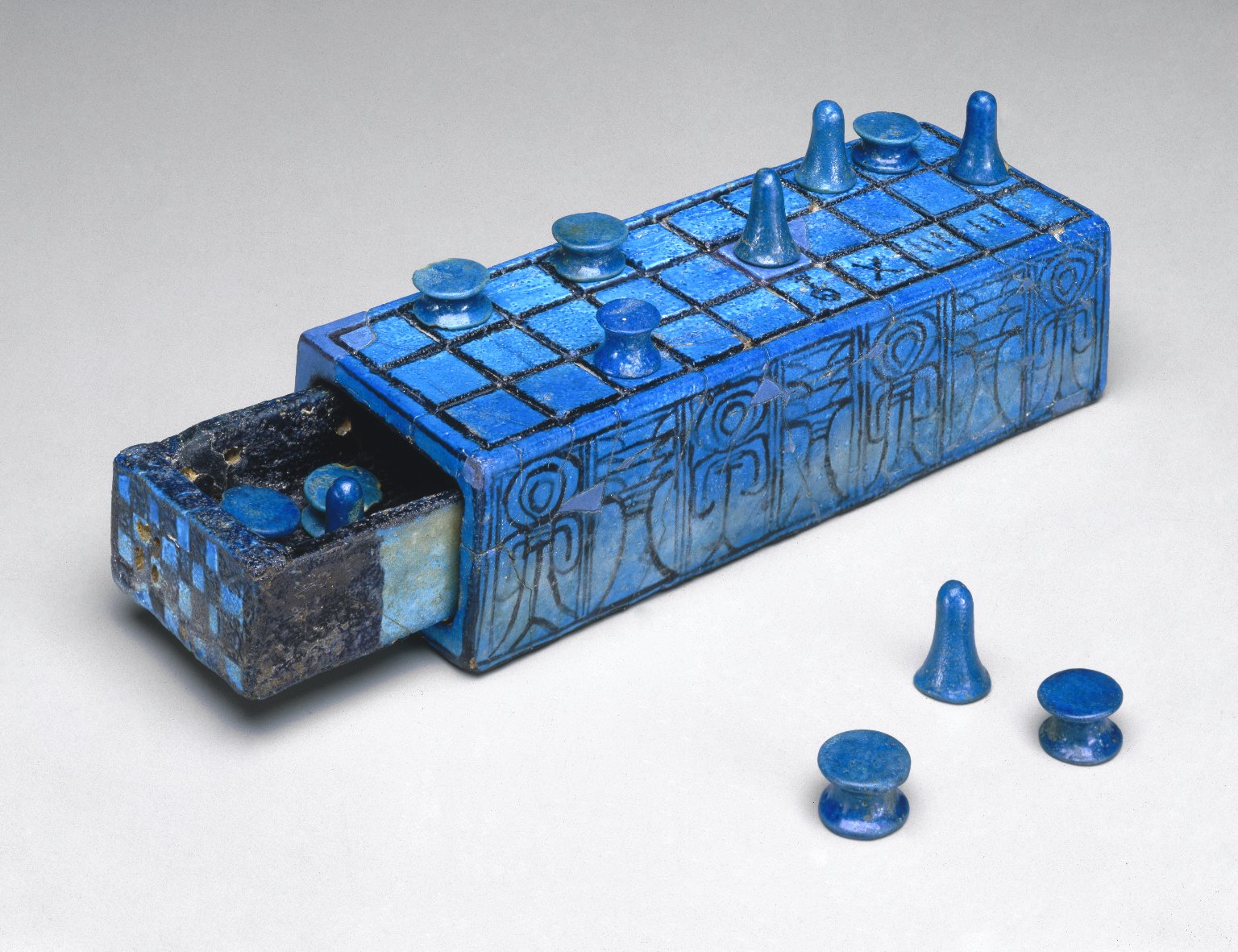
Games are structured forms of play, primarily undertaken for entertainment or education, though they can also be considered work or art. Ranging from ancient board games like the Royal Game of Ur, dating back to 2600 BC, to modern video games and professional e-sports, they are a universal human experience found across all cultures. All games feature a challenge, a defined structure, and typically an objective, which distinguishes them from simple toys or puzzles, often requiring mental or physical stimulation.
Whether played alone, in teams, offline or online, games serve diverse roles, from developing practical skills and providing exercise to offering educational or psychological benefits. The very definition of a "game" has sparked philosophical debate; Ludwig Wittgenstein famously noted their "family resemblances," while later thinkers like Roger Caillois and Chris Crawford proposed more specific frameworks to classify these multifaceted activities.
Hello from Cyprus ♥️